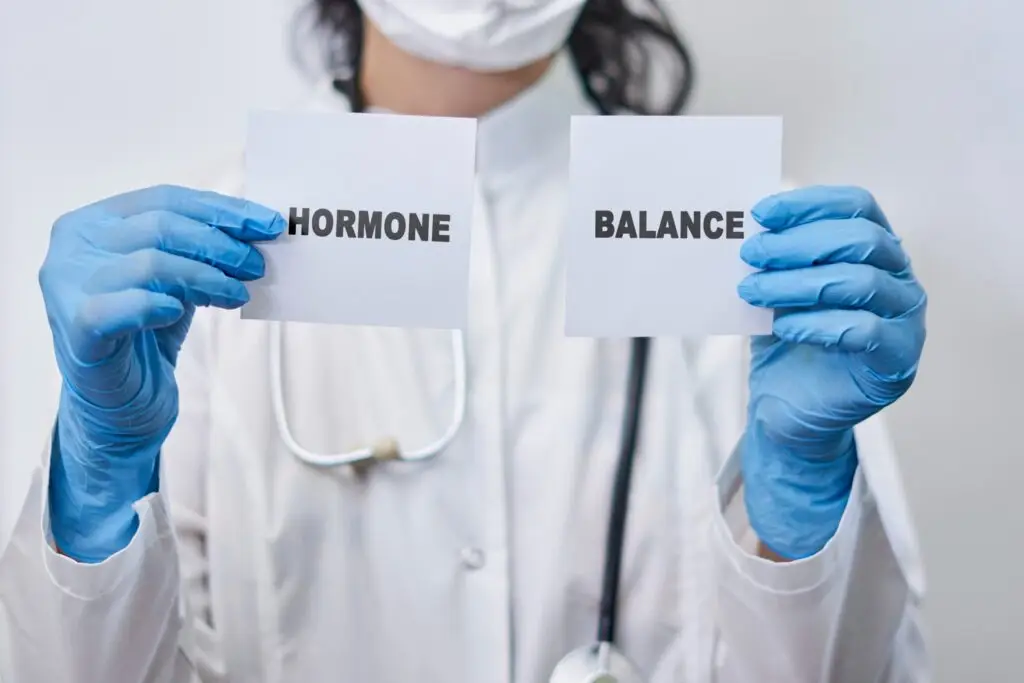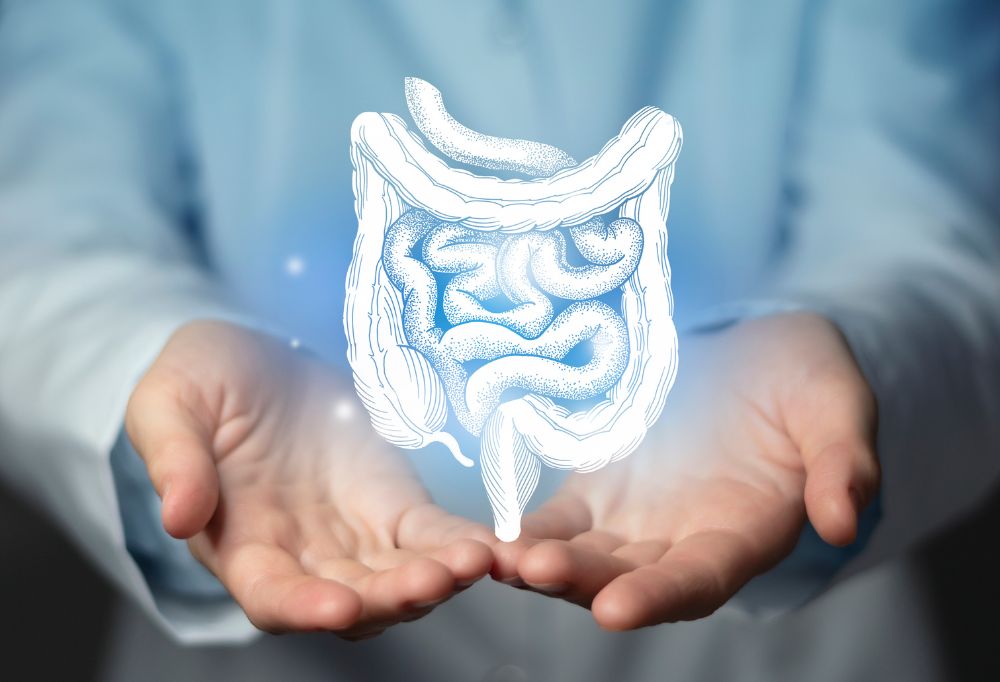Reviewed by Leigh Ann Scott, MD of Forum Health Las Colinas
Testosterone is normally thought of as a “male hormone,” but women have testosterone too. And having a normal testosterone level is vital for a woman’s overall health and well-being.
Testosterone is one of the three sex hormones, along with estrogen and progesterone. And while both men’s and women’s bodies contain all three, the ratios are drastically different.
Women produce testosterone in their ovaries, adrenal glands, and fat cells. This hormone helps the body with several different functions. Here are some ways testosterone supports a woman’s health:
- Helps regulate mood
- Supports the health of female reproductive tissues
- Helps maintain healthy bones
- May help decrease vaginal atrophy (which occurs most often in post-menopausal women)
- Decreases body fat (in post-menopausal women)
- Supports a healthy libido or sex drive
- Increases muscle mass
- May help support cardiovascular health
So, as you can imagine, symptoms can arise if there’s a testosterone imbalance and levels get too high or too low.
Low Testosterone in Women
Low testosterone in women is much more common than most people realize. For both men and women, testosterone gradually starts to decrease beginning in their twenties. When a person reaches age 50, testosterone levels are about half what they were at age 25.
Other factors can contribute to low testosterone in women, such as having a hysterectomy, especially if the ovaries are removed. (Other hormones will be affected by this too). Adrenal gland fatigue and pituitary dysfunction can also contribute to low T.
Symptoms of Low Testosterone in Women
Low libido, weight gain, and changes in mood are all common signs of low testosterone levels. Low T over a long period of time may also contribute to more serious issues like heart disease, poor memory, and loss of bone density. Here are some additional symptoms:
- Hair loss
- Thinning and dry skin
- Trouble sleeping
- Overall strength decrease
- Reduced muscle tone
- Problems with fertility
- Menstrual cycle irregularity
- Loss of bone density
- Fatigue for no obvious reason
- Inability to concentrate
- Loss of “pep” or overall motivation
Other conditions may mimic the symptoms of low testosterone levels in women, such as hypothyroidism, iron deficiency, and depression. Additionally, other hormones such as estrogen and progesterone may be out of balance. It’s always important to see a doctor so that all potential underlying issues can be identified accurately and treated properly.
High Testosterone in Women
Women can also have too much testosterone, although this is far less common than low T. High testosterone in women can also be a symptom of other underlying conditions, such as PCOS (polycystic ovary syndrome), so it’s important to see your doctor if you have any symptoms of high testosterone.
Symptoms of High Testosterone in Women
- Periods cease before entering menopause
- Unusual amounts of body hair
- Hair that grows on the chin or upper lip
- The tone of voice deepens
- Acne/oily skin
- Male pattern baldness, especially around the hairline
- Increased muscle mass or bulking up
As with low testosterone symptoms, it’s essential to have all hormone levels checked, including thyroid, to determine what’s causing the symptoms.
The Importance of Hormone Balancing
If your testosterone levels fall outside a healthy, normal range, then your health and well-being may be at risk. As you’ve read, there are several symptoms that can occur from an imbalance of testosterone, from weight gain and increased body hair to menstrual cycle irregularities and lowered muscle mass.
But even if your testosterone is out of whack, here’s some good news: Women need a small amount of testosterone supplementation compared to men.
And current research shows that testosterone supplementation can drastically affect how women feel overall. Most will notice increased libido, as well as improved mood and motivation.
Women also see better results when exercising, because muscle mass will increase, and body fat will decrease when testosterone is in balance. A study published in the New England Journal of Medicine, 2000 revealed that women receiving testosterone therapy were able to lose two times more body fat and gain more muscle mass compared to women who were given a placebo.
And it’s not just about testosterone levels: All hormone levels should be tested for optimal health and well-being.
Learn More About Hormone Balancing
Restoring hormonal balance has many positive health benefits in addition to providing relief from symptoms. Forum Health offers extensive laboratory testing to specifically identify which hormones might need regulating as well as other factors that may be affecting your hormone balance.
Our lab testing is much more comprehensive than what most doctors typically run. This allows us to see the big picture and determine exactly what is causing your symptoms. This testing also looks at other health markers which provide a whole-body picture so that optimal hormone balance can be achieved.
Find a Forum Health Provider nearby and schedule a consultation today!






